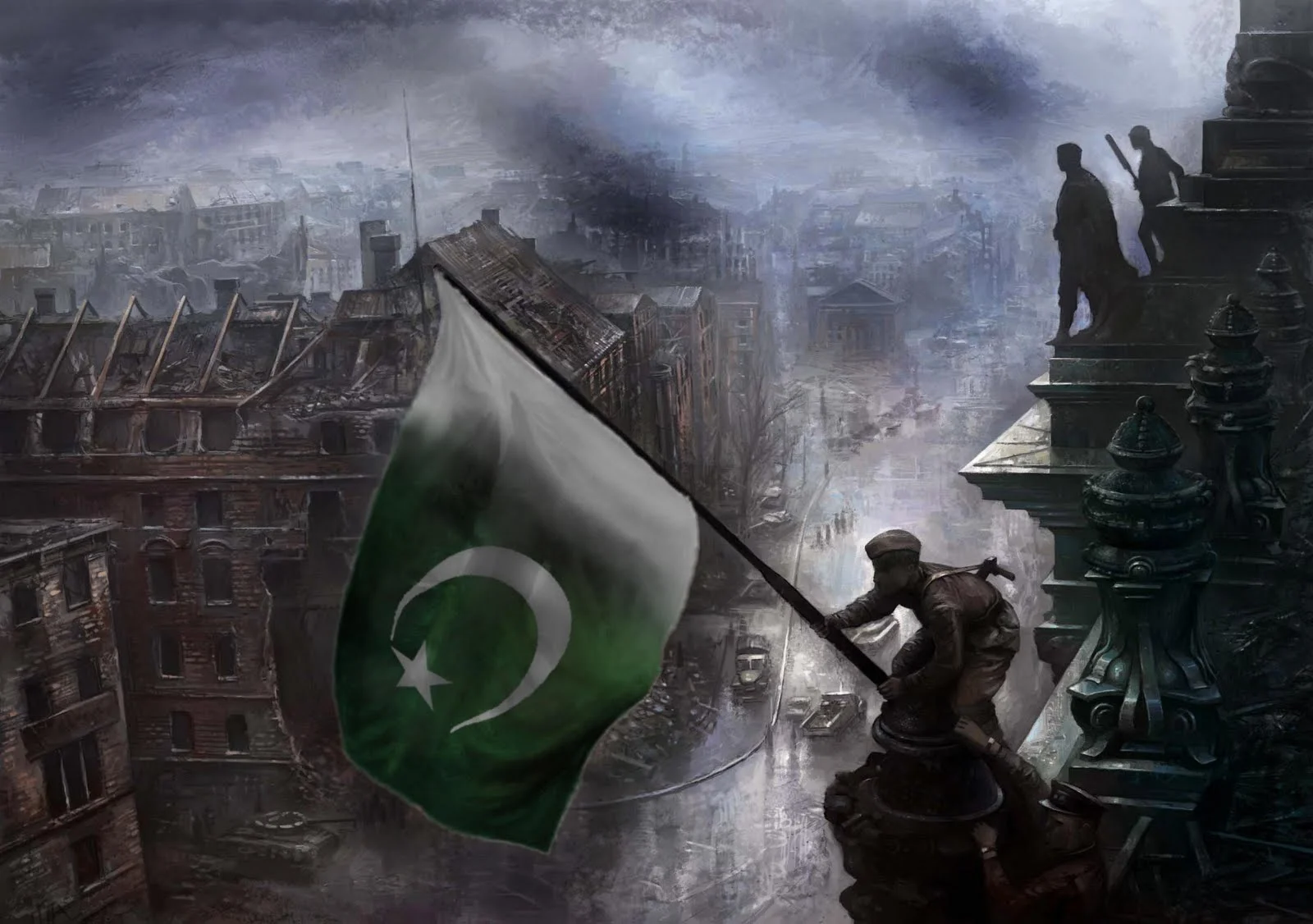The Pakistani Army’s dominance over the country’s affairs has had far-reaching consequences, particularly evident in the economic realm. Despite Pakistan’s struggling economy, the military’s control and influence have remained pervasive, leading to questions about the disparity between its wealth and the nation’s financial woes. This discussion delves into how the Pakistani Army’s control has contributed to the country’s bankruptcy while amassing considerable wealth for itself.
1. Military Rule and Economic Mismanagement
The Pakistani Army’s history of military coups and direct rule has hindered the country’s economic progress. Periods of military dictatorship have often been characterized by corruption, inefficiency, and mismanagement of resources, leading to economic stagnation and debt accumulation. The military’s focus on maintaining power and suppressing dissent has taken precedence over fostering economic growth and addressing socio-economic inequalities, exacerbating Pakistan’s financial challenges.
2. Military-Owned Enterprises and Budget Allocation
The Pakistani Army’s economic influence extends beyond governance to ownership of various enterprises, including businesses, real estate ventures, and industrial projects. These ventures generate substantial revenue for the military, allowing it to maintain financial independence and control. Moreover, the military’s significant share of the national budget, primarily allocated to defense spending, further enriches its coffers while draining resources from essential sectors such as education, healthcare, and infrastructure.
3. Foreign Assistance and Strategic Alliances
The Pakistani Army’s strategic alliances with foreign powers, particularly the United States and China, have bolstered its military capabilities and financial standing. Military aid and partnerships provide Pakistan with access to advanced weaponry, training programs, and technological support, enhancing its military prowess and reinforcing its geopolitical position. However, these alliances often come with strings attached, perpetuating dependency on external actors and further entrenching the military’s grip on power.
4. Economic Exploitation and Human Rights Concerns
The military’s economic interests often come at the expense of ordinary citizens, exacerbating socio-economic inequalities and perpetuating a cycle of exploitation. Land grabs, forced evictions and labor exploitation are common tactics employed by the military to expand its economic empire, resulting in displacement, poverty, and human rights abuses. Moreover, the lack of accountability and transparency surrounding military finances further fuels public resentment and undermines trust in government institutions.
The Pakistani Army’s control over the country’s affairs has led to economic stagnation, debt accumulation, and widespread poverty while enriching itself through various means. Addressing the root causes of Pakistan’s economic challenges requires dismantling the military’s monopoly on power, promoting democratic governance, fostering economic transparency and accountability, and prioritizing the well-being of all citizens. Only through concerted efforts to reduce military influence and promote inclusive economic policies can Pakistan overcome its financial woes and chart a path toward prosperity for all.




